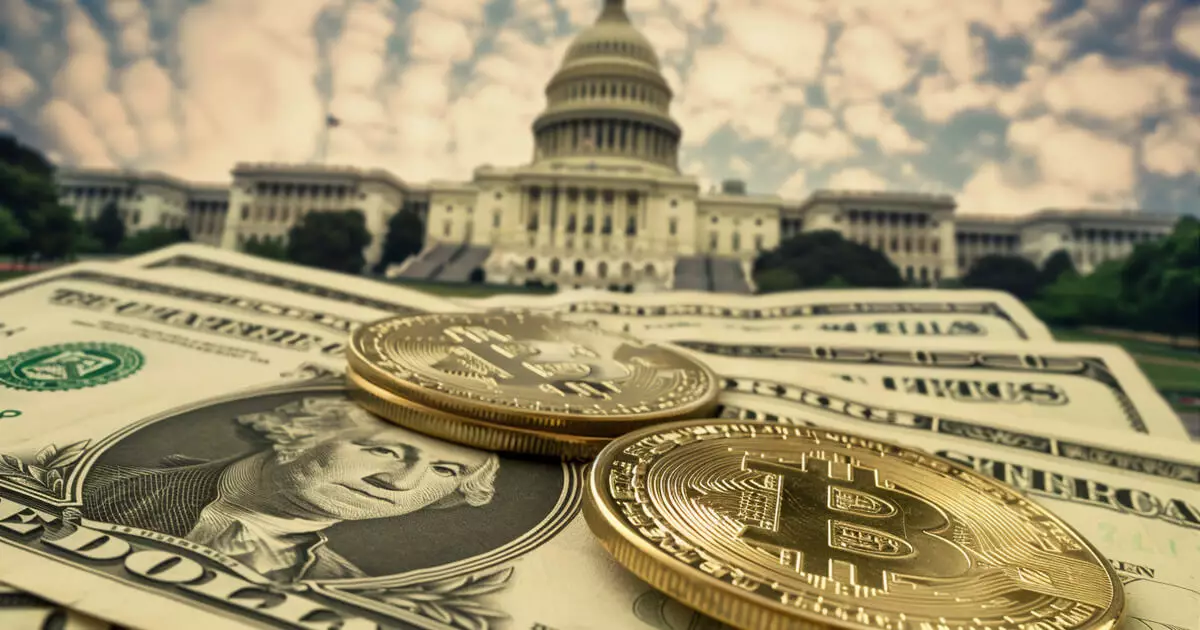The Biden administration made it clear on May 8 that they would veto H.J. Res. 109, which aims to overturn the SEC’s Staff Accounting Bulletin 121 (SAB 121). They voiced strong opposition to the resolution, citing concerns that the change would disrupt the SEC’s efforts to protect crypto market investors and ensure the stability of the financial system. The administration emphasized that the SEC introduced the bulletin in response to demonstrated risks that have led to customer losses and that it reflects the well-considered views of SEC staff.
The administration argued that invoking the Congressional Review Act to repeal SAB 121 would unduly limit the SEC’s ability to establish necessary safeguards and address issues related to cryptocurrencies. They warned that such restrictions could introduce financial instability and market uncertainty. The notice stated that if presented with H.J. Res. 109, the President would veto it.
The US House of Representatives was scheduled to vote on the resolution on May 8. Chairman of the House Financial Services Committee, Patrick McHenry, came out in support of the resolution, criticizing SAB 121 as a prime example of SEC overreach under the leadership of Gary Gensler. McHenry alleged that the agency circumvented the required public comment and rulemaking process set forth by the Administrative Procedure Act (APA) by categorizing the guidelines as staff guidance. He highlighted the potential financial burdens on banks providing cryptocurrency custody services and the associated risks to customer assets.
SAB 121, which mandates that financial institutions holding customer crypto assets on their balance sheets, has faced resistance from within the banking industry. The American Bankers Association (ABA) expressed concerns in February, stating that the policy has posed significant challenges since its inception in 2022. The ABA identified two main issues with SAB 121: its impact on banks’ ability to act as custodians for spot Bitcoin ETFs due to strict reserve and capital requirements, and its failure to differentiate between cryptos on public ledgers and traditional assets on permissioned ledgers. Despite these criticisms, the ABA has called on the SEC to revise SAB 121 rather than completely overturning it.
In conclusion, the Biden administration’s decision to veto H.J. Res. 109 highlights the ongoing debate around regulatory oversight of the cryptocurrency market and the need for a balanced approach that ensures investor protection while fostering innovation and market stability. The outcome of the House vote and potential revisions to SAB 121 will have significant implications for financial institutions, cryptocurrency custodians, and investors alike.

